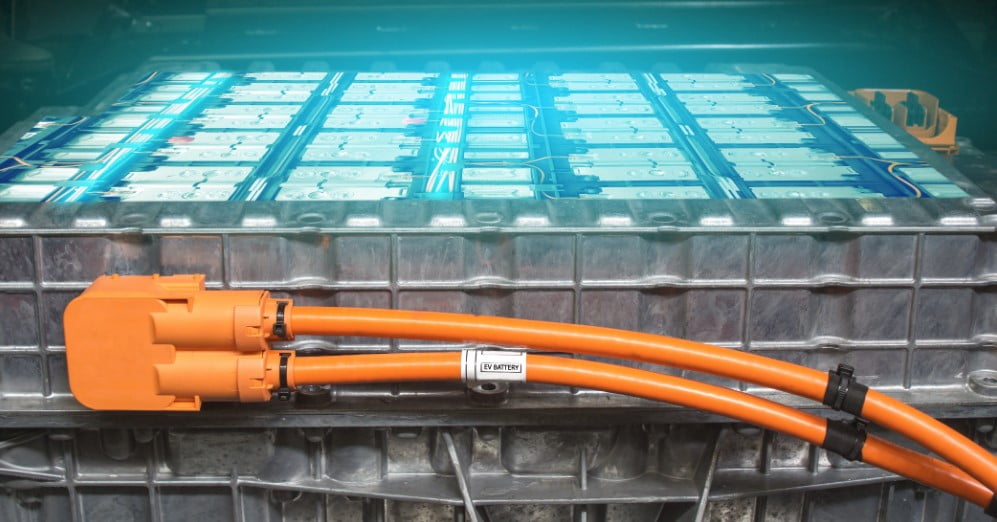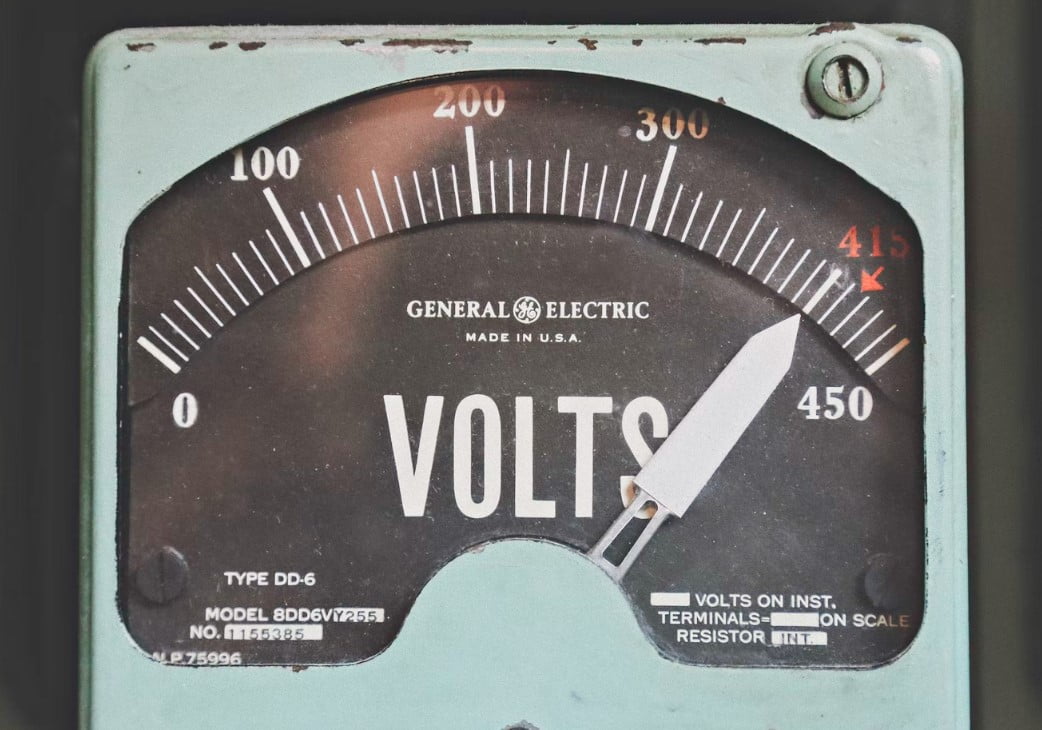How Long Does an Electric Car Battery Last?
The average lifespan of lithium ion batteries used in EVs ranges from 10 to 20 years depending on how it is driven and maintained. Batteries are designed to function safely over thousands of cycles and provide consistent performance over time.
Some manufacturers claim that their batteries are able to outlast traditional ICE vehicle batteries by up to five times. In fact, some automakers even offer warranties of 50,000 miles or more.
Understand batteries come from different OEM manufactures, meaning quality varies and understanding how long does an EV battery last is an important factor when purchasing a new or used EV. Read on as we explore more about EV batteries and important factors that impact long term reliability and performance.

EV Batteries: The Basics
Electric vehicles use rechargeable lithium-ion cells, which provide long range and quick charging times. These batteries are smaller and lighter than traditional gasoline-powered ones, which makes them easier to fit into a vehicle. They’re also safer because there aren’t any moving parts like pistons and spark plugs.
While most EV batteries are similar, they vary in capacity, voltage, and chemistry. The type of battery you choose depends on how much power you want, how fast you want it to charge, and what kind of driving you do. All batteries require maintenance to ensure they don’t catch fire or explode.
What causes EV batteries to lose capacity?
EV batteries typically degrade due to storage and operating temperatures, cycles and time. They lose capacity faster when exposed to heat, so storing your vehicle in extreme cold weather will extend the life of your battery. If you live in a hot climate, try to keep your car inside during the hottest part of the day.
If you use your vehicle frequently, cycle your battery regularly. This includes letting the battery fully discharge and recharge. To do this, plug your vehicle into a charger overnight and let it run down completely. Then, unplug it and plug it back in again to start recharging.
You can also extend the life of your EV battery by avoiding calendar degradation. To avoid this, don’t allow your battery to sit idle for long periods of time. For example, if you plan to go out of town for several days, disconnect the battery and store it somewhere safe. You can even take it off the charger and put it in a garage.
Battery Life Expectancy
While every battery in an electric car sells with some sort of warranty, there are many different lengths and conditions covered under each one. A few things you’ll want to know about warranties include:
• Warranty length: How long does the manufacturer guarantee the vehicle’s battery life to be operational? Most automakers offer a minimum of 8 years or 100,000 mile coverage.
• What happens if the battery fails?: Manufacturers typically provide a replacement battery if the entire unit fails. However, most brands will replace just the defective cells within the pack.
• Battery Capacity: Many automakers provide guidance on how to use the battery to ensure it has a long and healthy life. This can vary between each battery and often restricts full charging (100%) and full discharging (0%). Some even advise to not discharge past 20% to offer best battery life.
How to extend your EV battery life
Here are a few key ideas on how to get the most
1. Temperature
Most EVs use lithium ion cells, which are sensitive to heat. A cold car will cause the battery to deplete faster because the cells aren’t able to store energy well. This could lead to early battery failure.
2. Charge less often
The most important thing you can do to extend battery life is charge your vehicle less frequently. Batteries lose capacity over time, so charging every couple days isn’t necessarily ideal. Instead, try to limit yourself to about 10 hours of driving before recharging.
3. Don’t let the battery run down completely
When the battery gets too low, it won’t hold a charge anymore. So even though your car will still start, it won’t go very far without a fully charged battery. To avoid this scenario, always keep your battery above 20%.
Why do EV batteries degrade over time?
The life span of electric vehicles depends heavily on their battery packs. While there are many factors that contribute to how long an EV battery lasts, one of the most important ones is the type of battery used. In general, lithium ion batteries tend to last longer than lead acid batteries due to the former’s ability to withstand deep discharges and recharge cycles. But even though lithium ion batteries are better suited for EVs, they aren’t perfect.
Battery age and value
EVs come with varying levels of warranty depending on the brand. The average warranty period is around eight years or 100,000 miles. Be sure to check your car manufacture and determine the impact on the overall cars value if the warranty is less than an equal competitor.
For example, if two cars were similar and one had a 10 year battery warranty while the other was 7, its likely the car with the 10 year option will have a higher value at the end of the same period. This assumes everything else in the car is equal such as condition, miles, etc.
Make sure you understand your battery age and how it can impact your overall value.
How long does an EV battery last?
In summary How long does an EV battery last, well it really depends on many factors, climate, usage, charge rate etc.
With most manufactures providing 7-10 years warranty, you could assume after this period, the quality will begin to deteriorate along with the associated value.
Maintaining your battery as per the manufactures guidelines is important, and if you can document and demonstrate to a potential new buyer, you will have a edge in the market when selling your EV.
Based on some early Nissan Leaf cars, its easy to see that the quality of a battery can impact the car value. Ensure your car has the most advanced battery available in your budget when purchasing. Spend extra time researching the internal EV battery, ensure its does not have a long problem history like the LGE battery series that was known to cause fires in EVs.
